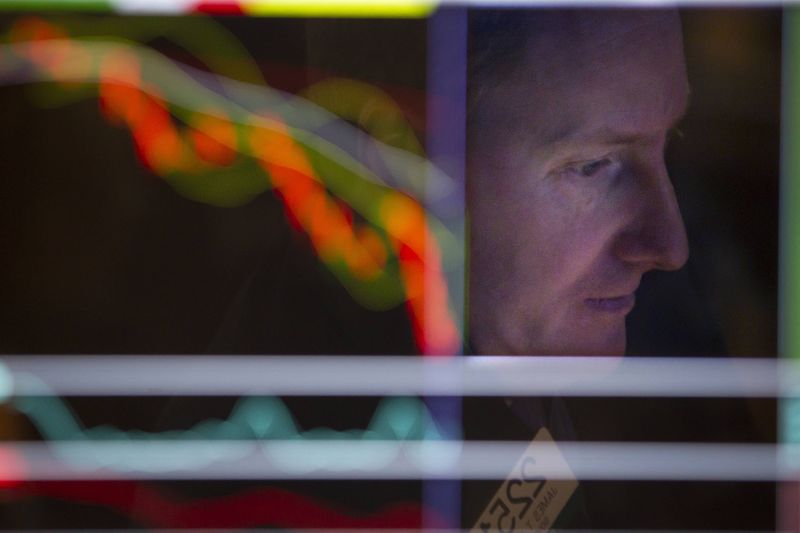By Claire Ruckin
LONDON (Reuters) - European banks are experiencing renewed appetite to put money to work and are increasingly taking and holding larger positions in leveraged loan deals.
Recent years have seen banks reducing holds in deals thanks to pressure on balance sheets and capital restraints. But with balance sheets looking healthier and customer deposits coming in, banks are now more willing to underwrite deals and take larger holds to increase income from higher-yielding assets with lower default risk.
"Banks have gained more approval to put balance sheet to work," a loan banker said.
The increasing momentum is affecting both commercial banks and investment banks.
Commercial banks are now willing to take larger holds, having scaled back to about 20 million euros (15 million pounds) to 30 million euros for relationship clients during the crisis from around 40 million euros to 50 million euros pre-crisis. Some investment banks, which traditionally do not operate on a take-and-hold basis, have also committed to large portions of recent deals.
"Goldman Sachs has been notable. JP Morgan and Bank of America Merrill Lynch also have balance sheet appetite," the banker said.
A 108 million pound ($165.06 million) Term Loan B paying 550bp, which formed part of a wider US dollar-denominated financing for Vista's acquisition of ACS, was mostly preplaced with Goldman Sachs. Meanwhile, half of a 237.5 million pound first-lien loan backing Cinven's acquisition of Northgate Public Services was pre-placed with lead banks Goldman Sachs, Bank of Ireland and Credit Agricole.
"Banks need to create profits and want an opportunity to deploy capital, so when opportunities present themselves banks will go into more positions. Banks that take deposits will lend," a second banker said.
HOME SUPPORT
Banks are eager to invest in good assets and also to support deals in their home market.
Earlier this week, Bank of Ireland and Goldman Sachs agreed to acquire a portfolio of Irish commercial loans with a face value of 540 million euro from Danske Bank, through their balance sheets. Bank of Ireland will acquire 274 million euros of performing loans, while Goldman Sachs will acquire 266 million euros of loans.
"Leveraged finance has come out of the crisis pretty powerfully. European banks realise that leveraged finance is a core asset as it is high yielding, involves a sponsor group they trust and has a good default rate. Banks have wanted to maintain the same balance sheet for leveraged finance and in many cases, grow it," an official at a European sponsor said.
Banks' growing appetite is proving popular with sponsors eager to receive large commitments from supportive banks but the ability to take and hold large portions of loans could upset the supply/demand dynamic as investors see a squeeze on paper. On the upside, banks that take and hold portions of loans are expected to support the syndicated parts of loans in the secondary market.
Direct lenders are expected to be hit hardest as banks take deals that otherwise could have reached the shadow banking sector.
"Direct lenders will need to do lending that banks won't do, such as stretching leverage," the sponsor said.
